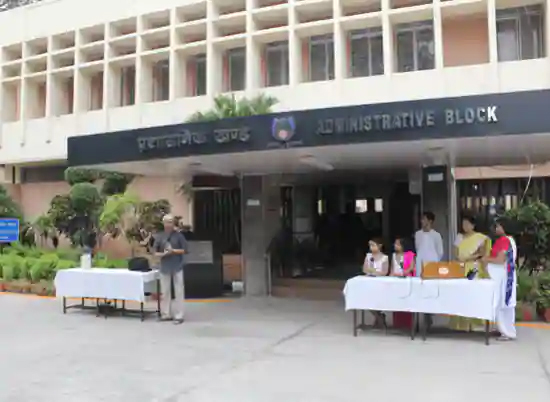National Institute of Health and Family Welfare, New Delhi

The National Institute of Health and Family Welfare (NIHFW), was established on 9th March, 1977 by the merger of two national level institutions, viz. the National Institute of Health Administration and Education (NIHAE) and the National Institute of Family Planning (NIFP). The NIHFW, an autonomous organization, under the Ministry of Health and Family Welfare, Government of India, acts as an ‘apex technical institute’ as well as a ‘think tank’ for the promotion of health and family welfare programmes in the country.
- Read more about National Institute of Health and Family Welfare, New Delhi
- Log in to post comments
- 32 views
